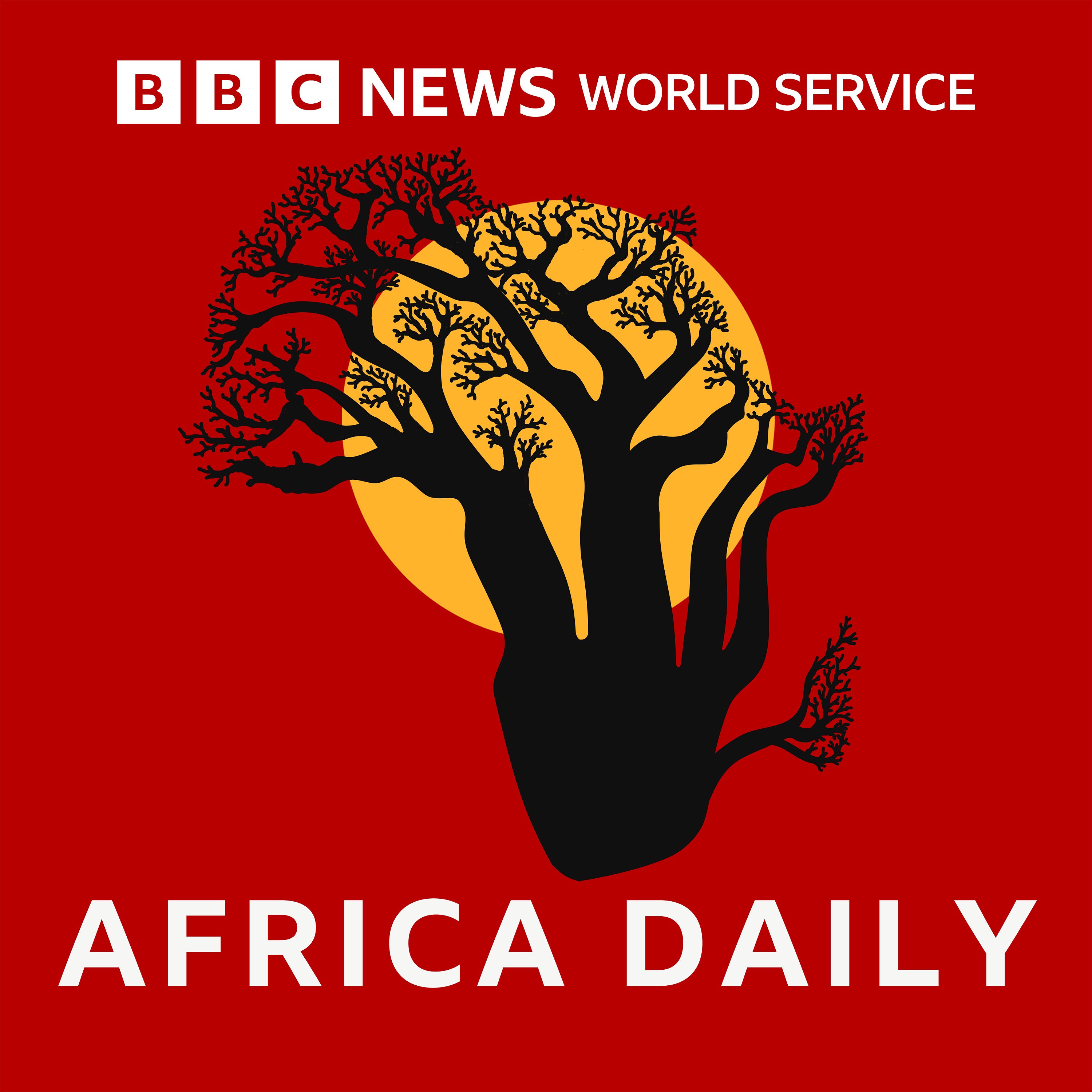Fifty years after a deadly ethnic conflict, can Burundi find closure?

"I ask: where are my father's bones? My brother's bones?"
In April 1972, Hutu rebels in the south of Burundi launched an assault on the Tutsi led government.\n \nTheir aim was to overthrow the administration of then president Michel Micombero.\n \nIn the ensuing chaos, at least a thousand people, including government officials, were brutally murdered.\n \nBut the country\u2019s army quickly contained the insurgency and attempted coup.\n \nThis was followed by more than three months of revenge killings against the Hutu ethnic population.\n \nBy the time the carnage came to an end, a reported 200 000 people had lost their lives.\n \nThis year marks exactly 50 years since the massacre in Burundi, and the nation continues to seek answers.\n \nIt set up a Truth and Reconciliation Commission (TRC) in 2018, to shed light on ethnic tensions since the country\u2019s independence in the early 1960s.\n \nThe TRC says it has, so far, uncovered more than 4 000 mass graves, with tens of thousands of victims identified.\n \nPresenter: Alan Kasujja\n \nGuests: Jeanine Ntihirageza and Pierre-Claver Ndayicariye